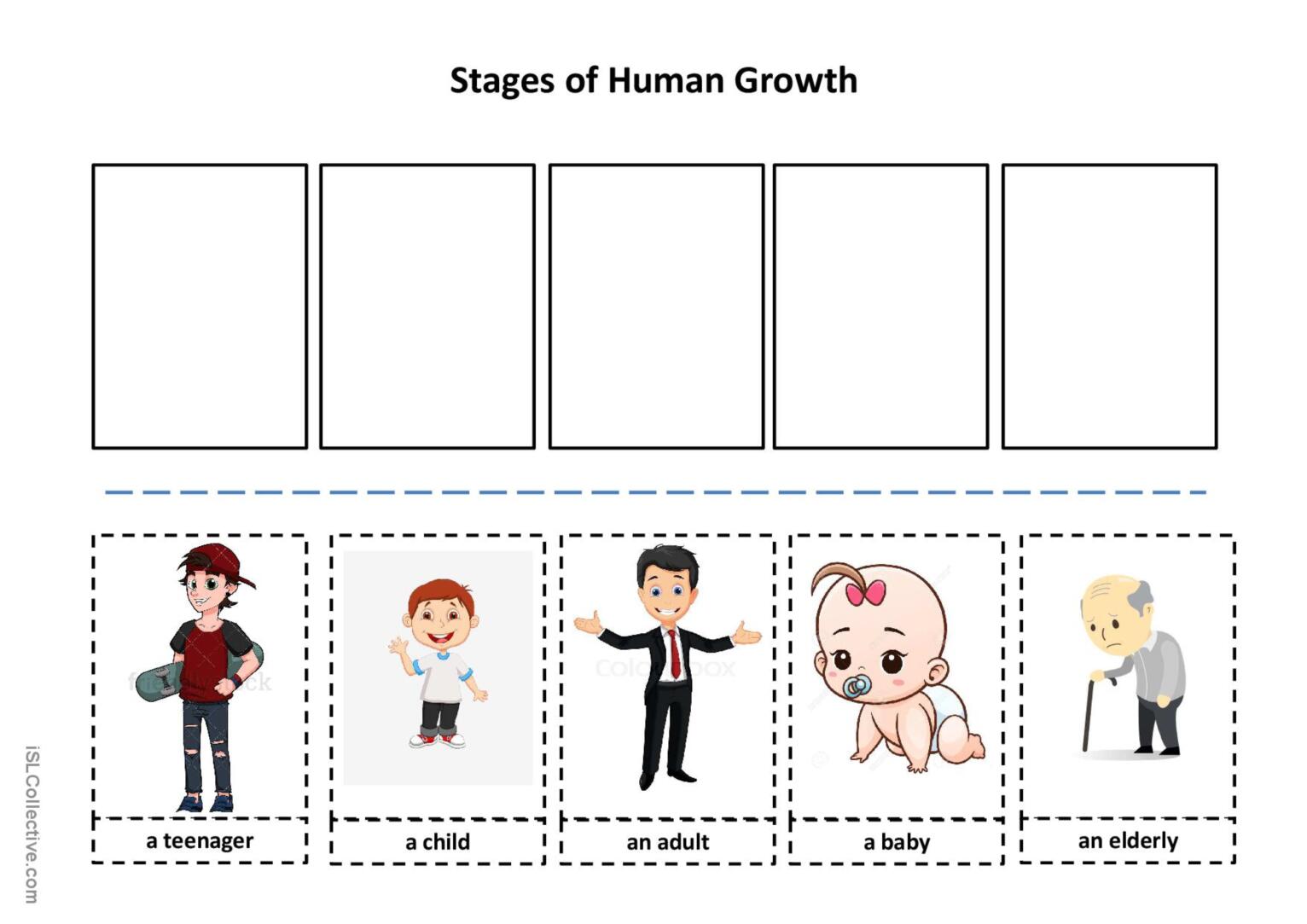The Bahá’í teachings elucidate a profound understanding of human growth, encompassing both collective and individual dimensions. This dual aspect of growth is intricately woven into the fabric of humanity’s journey towards fulfillment and unity. The exploration of these teachings reveals not merely a linear progression but rather a synergistic interplay that catalyzes spiritual and social development. Such a perspective invites individuals to re-examine their own roles in the advancement of society and encourages communal synergy in the unfolding narrative of human evolution.
At the core of the Bahá’í faith is the principle that humanity is inherently interconnected. Each individual’s growth serves as a vital thread in the larger tapestry of collective progress. This notion challenges conventional paradigms that often emphasize solitary achievement and success. The Bahá’í teachings advocate for a holistic view of growth, one that recognizes the reciprocal influences of personal transformation and societal transformation.
To comprehend the mechanisms of human growth through a Bahá’í lens, it is essential to consider the dual processes of spiritual and social evolution. Spiritual growth pertains to the inner development of the soul, characterized by virtues such as love, compassion, and understanding. In contrast, social growth refers to the expansion of justice, equality, and fellowship among humanity. These aspects are not isolated; they are dynamic forces that propel one another — spiritual advancement informs social development, and social interactions foster spiritual refinement.
One of the distinguishing features of Bahá’í teachings is the concept of the ‘World Order of Bahá’u’lláh.’ This term signifies a collective framework for human interaction and governance, advocating for principles of unity, justice, and consultation. Within this order, each individual is seen as a contributor to a shared vision of society, injecting personal insights and strengths into communal efforts. This collective approach fosters an environment where individuals feel valued and empowered, thereby enhancing overall growth.
Moreover, participation in community-driven initiatives is vital for both personal and collective growth. The Bahá’í community emphasizes the importance of collaborative efforts in service to others. By engaging in acts of community service, individuals cultivate a sense of belonging and purpose that transcends self-interest. These interactions stimulate personal growth by developing important virtues and skills, while simultaneously addressing collective needs. This synergy exemplifies how individual initiative can instigate broader social change and evolve into a transformative force.
Inherent in the doctrine is the recognition of the diverse capacities individuals may possess, offering each person unique opportunities for contribution. The ideal of ‘consultation’ is pivotal in this regard. It emphasizes the collective input of individuals, encouraging a discussion that seeks to harmonize various perspectives. Through this process, participants not only expand their understanding but also collectively aspire towards a greater truth. This cooperative approach to decision-making highlights the significance of every voice, underscoring an inclusive ethos that is vital for fostering both individual and collective advancement.
The Balancing Act of Collective and Individual Growth is also reflected in the teachings regarding personal responsibility. Each individual’s journey is not merely a pilgrimage of self-discovery but also a call to steward their community. This duality requires a delicate equilibrium; one must nurture their own spiritual development while simultaneously contributing to the welfare of others. The Bahá’í writings elucidate that the greater the individual commitment to serve, the richer the tapestry of collective growth becomes.
In addressing the challenges and realities of the world, the Bahá’í approach recognizes that the achievement of individual objectives can often hinge on collective progress. A society committed to the upliftment of all its members is one that can provide the nurturing ground for individual excellence. This recognition invites curiosity, challenging individuals to look beyond personal aspirations and examine the profound impact of collective endeavors on personal fulfillment and success.
The promise of a transformed society rests upon the shoulders of a newly conceived vision of education. In Bahá’í thought, education is not merely a tool for individual success but a profound mechanism for collective upliftment. The aim is to cultivate the capacities of all individuals, fostering a mindset that transcends conventional boundaries of education as a means to an end. Instead, education is viewed as a communal asset, vital for the well-being of successive generations. It is through this education that both individual character and social frameworks can evolve, leading to the emergence of new paradigms in human relationships.
Furthermore, the concept of ‘progressive revelation’ is essential to understanding the evolving nature of truth itself. Bahá’í teachings suggest that humanity collectively progresses toward a greater understanding of divine purpose over time. This paradigm shift implores individuals to transcend dogmas and embrace a dynamic expression of faith that evolves with society’s needs. The encouragement to engage intellectually with faith fosters both individual exploration and collective discourse, creating a fertile ground for growth.
In summary, the Bahá’í teachings present an intricate web of human growth that intricately entwines individual and collective experiences. This perspective challenges one to reconsider preconceived notions about personal development, urging a transformative engagement with the community. To embrace the promise inherent in these teachings is to recognize the profound interconnectedness of humanity and to acknowledge that true growth – whether personal or societal – is realized only through unity, cooperation, and a shared commitment to the betterment of all. A collective shift in perspective can incite curiosity and inspire individuals to embark on their destinies with nobler aspirations and a deeper commitment to communal flourishing.
